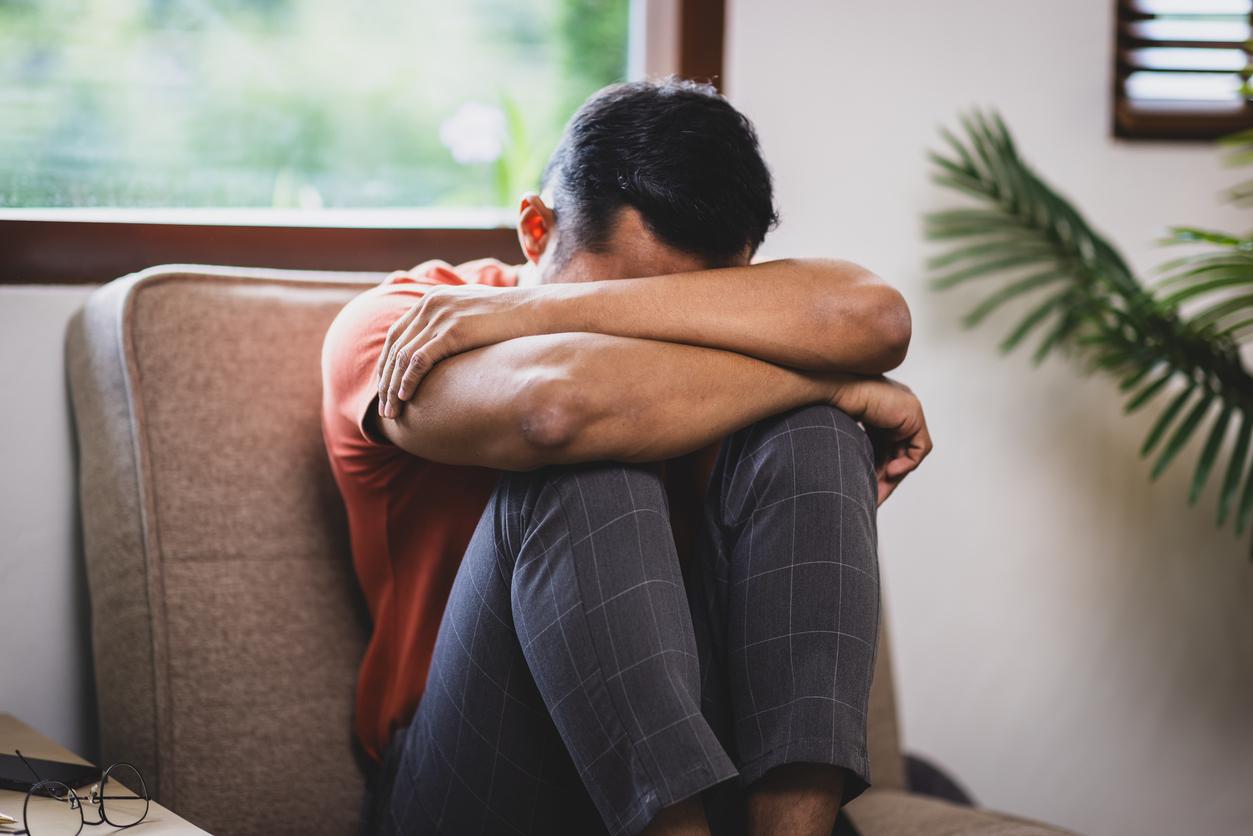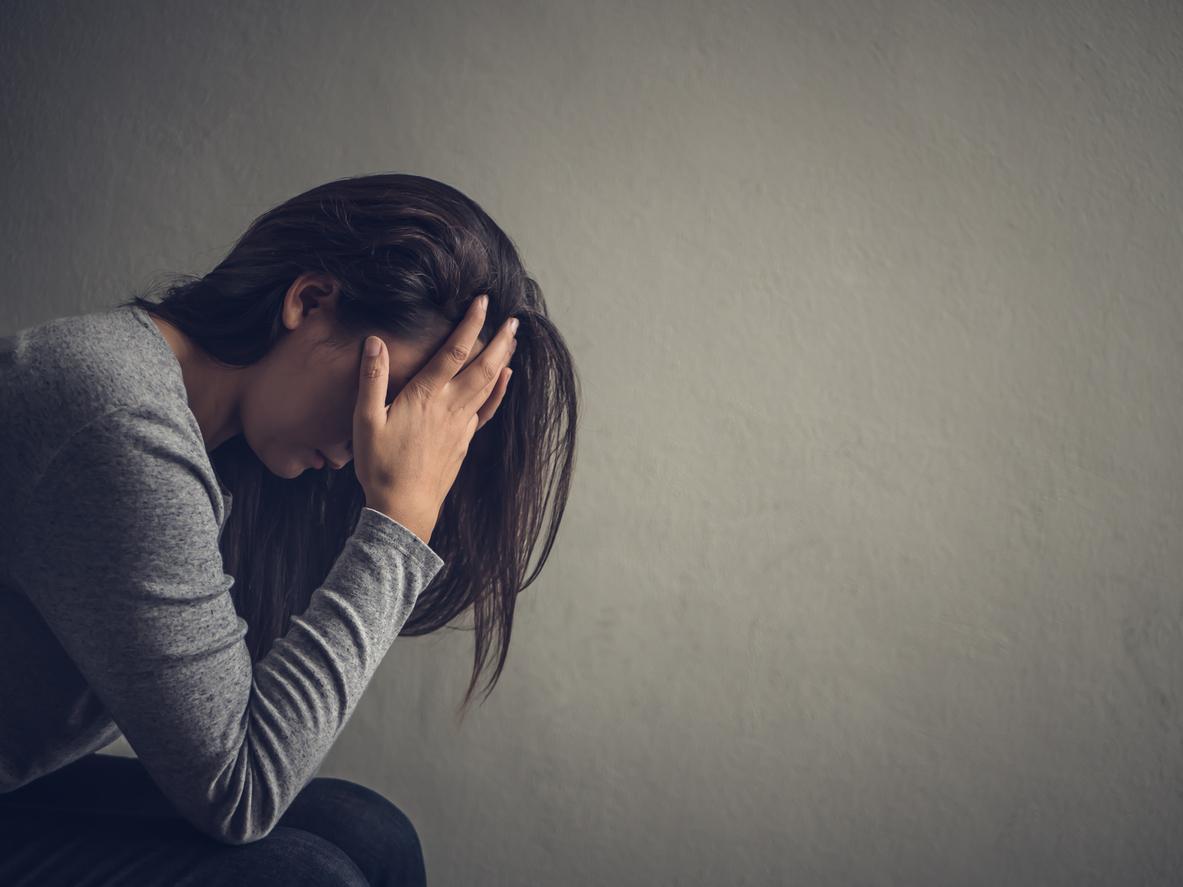To deal with the psychological suffering of confined French people, child psychiatrists, psychologists and speech therapists have created an emergency telephone line called Ma Cabane.

Loneliness, boredom, worry, stress, exhaustion… For each individual, confinement has psychological repercussions, more or less heavy. To cope “to the psychological suffering of children and families in this situation of health disaster”child psychiatrists, psychologists and speech therapists have created an emergency telephone line, explained Doctor Marie Touati-Pellegrin, child psychiatrist at Necker Hospital (Paris) at Franceinfo on Thursday April 2. Called Ma Cabane, this teleconsultation is open to everyone from Monday to Friday, from 8 a.m. to 6 p.m., on 01 82 88 23 28.
“We have observed in our patients, since the beginning of this great epidemic, a very significant psychological distress. And in this context of confinement, it seemed logical to us to promote access to psychological care for all and not only for our patients, remotely in order to limit the risk of contagion”, explains the doctor.
“We have received several types of requests, and in particular parents in great distress with very complicated situations of impossible telework with schools which were very demanding in terms of homework, children who cannot bear the confinement situation given that they have psychological pathologies (…), patients who have stopped eating (…) children of caregivers who are themselves in great pain”she explains.
More than 10 days of confinement lead to post-traumatic symptoms and anger
Recently, editors of the journal The Lancet looked at the psychological repercussions of confinement around the world. Their summary was drawn up on the basis of 24 studies selected after numerous analyses, concerning 10 countries and mainly including the SARS (11), Ebola (5) and influenza A (H1N1) (3) viruses. After examination, they concluded that a duration of confinement greater than 10 days was predictive of post-traumatic symptoms, avoidance behaviors and anger.
In times of confinement, people are stressed as soon as they experience physical symptoms. Pregnant women are afraid both of being infected and of transmitting the virus to their future child. People are bored, frustrated, isolated. Some are also disturbed by the inconsistency of the information that sometimes circulates and do not really understand what the purpose of confinement is, while others suffer from the transparency of information from public authorities, the absence of protocol and clear conduct guides.
To deal with these sources of anxiety and depression, experts offer several solutions. Among them, setting up toll-free numbers to reduce isolation, creating support groups and online exchanges on lived experience or even helping broken families to stay in touch. To manage children’s stress, the Center for Disease Control and Prevention in Atlanta (United States) has created several sheets and mini-guides (in English) available to parents.
Take into account the uniqueness of each
If the experience of confinement is experienced as a nightmare, the consequences will affect not only individuals in the long term but also health systems and public policies, warn the researchers. Indeed, the stress does not stop once the populations are “released”, they were able to observe. Thus, studies have identified many stress factors that persist. After a crisis of this kind, we have to deal with the socio-economic consequences. Many people find themselves financially strangled. Self-employed workers are weakened and individuals who were already in a precarious situation before confinement are generally even more so afterwards. Others suffer from difficulties in returning to work after technical unemployment.
Practical guides have therefore been produced by various organizations to also provide advice for coping with post-lockdown. In conclusion, it is essential to put in place psychosocial support strategies for measures linked to confinement, note the experts, i.e. to adopt a public health approach which does not neglect the needs of the population, composed of individuals who want their uniqueness to be taken into account.

.

















